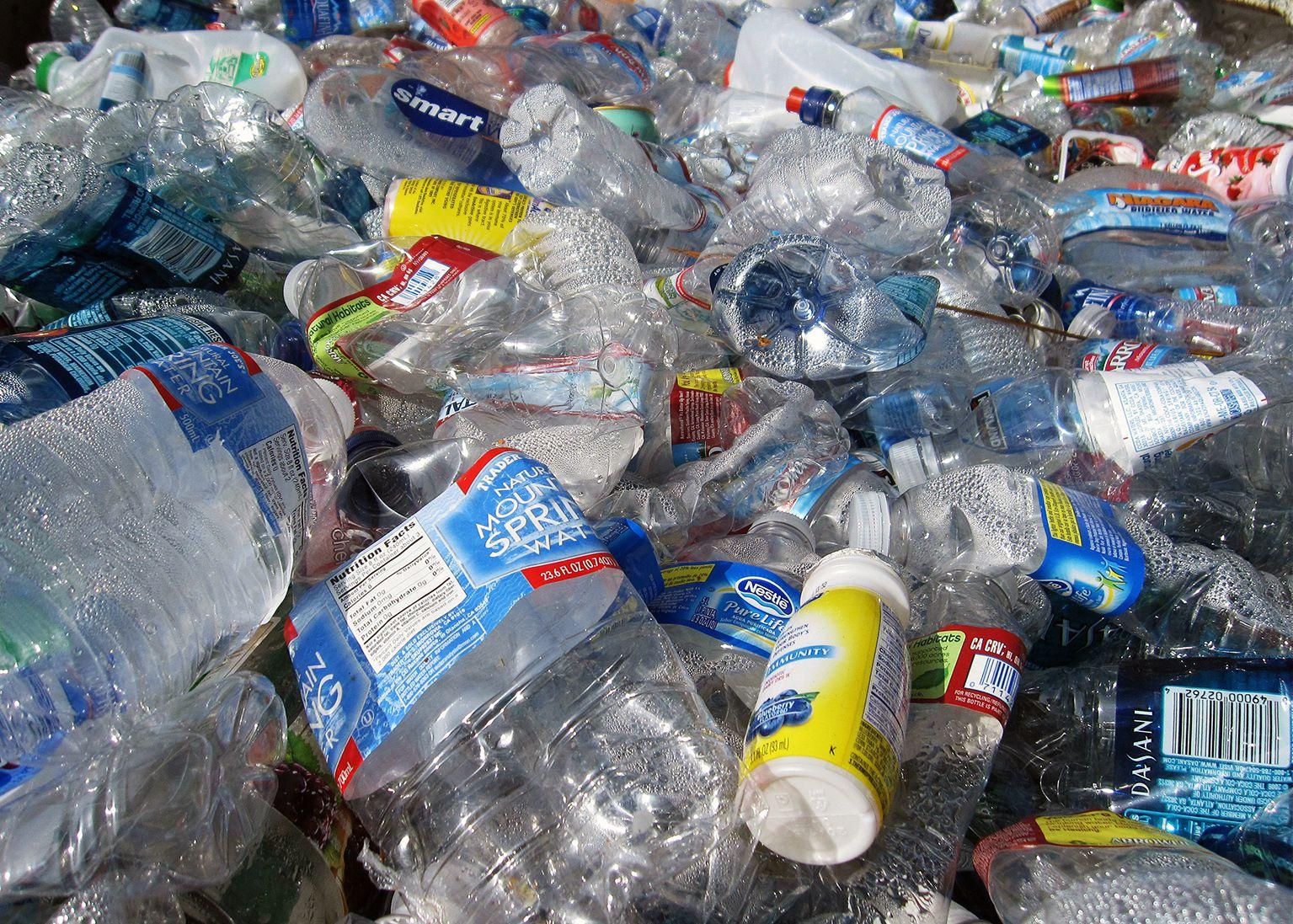Massachusetts has long been at the forefront of the nation’s push to protect the environment. With the intent of increasing recycling rates, the Commonwealth passed the “Bottle Bill” in 1983, a law that provided that carbonated beverages have a return value of five cents upon recycling. After 32 years and a recycling rate of carbonated beverages at over 75 percent, the bill can be considered a success.
Now, with the support of Massachusetts Gov. Deval Patrick, a reform of the Bottle Bill will show up on the 2014 general election ballot as Question 2. The question asks voters whether or not they wish to update the ballot to include a minimum of five-cent deposits for containers for non-alcoholic non-carbonated drinks, such as water bottles, iced tea bottles and sports drinks, instead of just carbonated ones. A “Yes” vote indicates that the voter wishes to update the law, while a “No” vote is a vote to keep the Bottle Bill as is.
Support in favor of reforming the Bottle Bill lies in the fact that non-carbonated beverages are not being recycled at the same rate as carbonated ones. About 75 percent of bottles with a deposit are recycled in the Commonwealth, while only 25 percent of bottles without a deposit are recycled, according to the Massachusetts Executive Office of Energy and Environmental Affairs. Meanwhile, the popularity of non-carbonated has grown since the law passed in 1983, making up about 40 percent of bottled beverage sales, the EOEEA claims. By putting a recycling value on these easily recyclable products, supporters believe Massachusetts can significantly raise its recycling rate, save money on trash collection and disposal and reduce litter.
“The bottle bill is really important because it reduces waste and gets bottles into the recycling stream,” Boston University Director of Sustainability Dennis Carlberg told The Daily Free Press in September. “There are a lot of bottles now that are not for deposit that end up in the trash. We can get our recycling right up to 80 percent nationally. Updating the Bottle Bill will have a very positive impact and lead to a more sustainable future.”
Opponents of the Bottle Bill argue that the bill devotes too much money to an antiquated idea. According to the opposition group, No on Question 2, 90 percent of Massachusetts residents have access to curbside or community recycling programs, and by investing Bottle Bill money in those programs, all residents can be aligned to that system. Furthermore, they argue that the costs to accommodate non-carbonated beverages into the current program is unnecessarily high and not worth it.
“Question 2 will add nearly $60 million a year to grocery costs, something that is going to cost people more at the checkout counter, and there’s almost no return,” Nicole Giambusso, a spokeswoman for the No on Question 2: Stop Forced Deposits coalition told The Daily Free Press in September. “It will only increase recycling by an eighth of a percent, [and] that’s not even 1 percent of an increase for something that is going to cost people a lot of money.”
The provided statistics point to the popularity of the current Bottle Bill. Think about it: if one can hoard enough soda cans, it’s easy to make a nice little profit on them upon recycling. As far as we at The Daily Free Press can see, there’s nothing wrong with that. Furthermore, anything that provides an incentive for recycling is a good thing, and if there’s a bunch of Vitamin Waters lying in waste dumps because they don’t have a recycling return, adding non-carbonated beverages to the bill is a productive update in terms of the Commonwealth’s environmental footprint.
As students of a university that takes exceptional care to encourage sustainability and proper recycling habits, we feel this is an important bill revision to get behind. In fact, as far as we can see, there is really no reason not to vote yes on this bill. If the current Bottle Bill is popular enough throughout the Commonwealth, why not expand it? Too many people purchase non-carbonated beverages each day for only 23 percent of them to be recycled.
The Daily Free Press endorses a “Yes” answer on Question 2. The more incentive to recycle, the better, and if a measly extra five cents can convince people to recycle carbonated beverages, it will obviously do the same for the non-carbonated ones.
























































































































